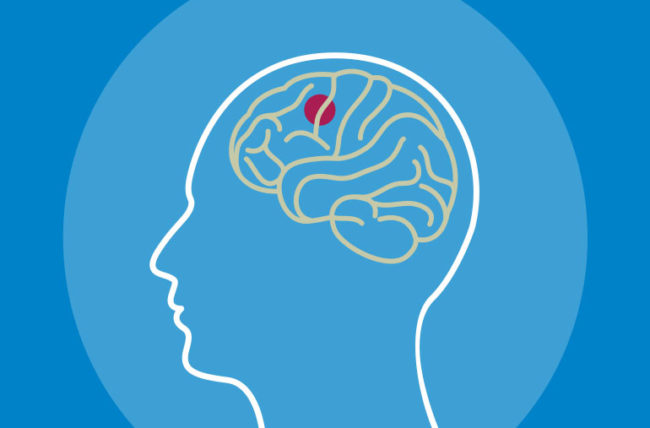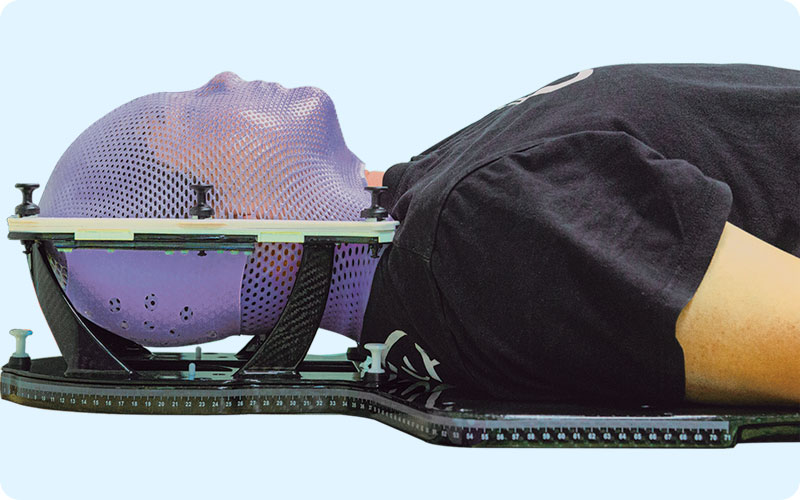MAY IS BRAIN CANCER AWARENESS MONTH
What is Brain Tumor Awareness Month?
Brain Tumor Awareness Month aims at bringing together the brain tumor community to help raise awareness and shine a light on a patient population that is often overlooked.
Cancers of the brain are the consequence of abnormal growths of cells in the brain. Brain cancers can arise from primary brain cells, the cells that form other brain components (for example, membranes, blood vessels), or from the growth of cancer cells that develop in other organs and that have spread to the brain by the bloodstream (metastatic brain cancer).

Research suggests that 1.4 million patients worldwide are struggling with malignant brain tumors and that by the end of the year 2021, another 256,000 will be diagnosed with a malignant brain tumor. Although brain cancer is not as common as breast or lung cancer, the need for new and innovative ways to treat brain tumor patients has never been more critical.
As we look to the future, there is still much more groundwork to be done in discovering new and effective drugs for brain tumor patients, as well as a dire need for continuous education on a multitude of challenges we face when treating brain cancer.
Diagnosis
If it’s suspected that you have a brain tumor, your doctor may recommend a number of tests and procedures, including:
A neurological exam. A neurological exam may include, among other things, checking your vision, hearing, balance, coordination, strength and reflexes.
Imaging tests. Magnetic resonance imaging (MRI) is commonly used to help diagnose brain tumors. Sometimes other imaging tests are recommended, including computerized tomography (CT). Positron emission tomography (PET) may be used for brain imaging,.Tests to find cancer in other parts of your body. If it’s suspected that your brain tumor may be a result of cancer that has spread from another area of your body, your doctor may recommend tests and procedures to determine where the cancer originated.
Collecting and testing a sample of abnormal tissue (biopsy). A biopsy can be performed as part of an operation to remove the brain tumor, or a biopsy can be performed using a needle. The biopsy sample is then viewed under a microscope to determine if it is cancerous or benign.
Treatment
Treatment for a brain tumor depends on the type, size and location of the tumor, as well as your overall health.
Brain Cancer Surgery
Many people with a brain tumor undergo surgery. If the brain tumor is located in a place that makes it accessible for an operation, your surgeon will work to remove as much of the brain tumor as possible.Even removing a portion of the brain tumor may help reduce your signs and symptoms.If the surgeon can’t remove the tumor, they’ll take a sample to identify its type.Surgery to remove a brain tumor carries risks, such as infection and bleeding. Other risks may depend on the part of your brain where your tumor is located.
Common types of surgery include:
Craniotomy. This is the surgery most often used to remove a brain tumor.
Neuroendoscopy. The surgeon makes a small hole in the skull or goes through the nose or mouth, depending on the location of the tumor. They’ll use small tools to remove the tumor.
Radiation Therapy for Brain Cancer
Radiation therapy (also called radiotherapy) uses high-energy rays to kill tumor cells, stopping them from growing and spreading.Radiation therapy may be used for people who cannot have surgery. It’s also used after surgery to kill any tumor cells that may remain.Radiation therapy is a local therapy. This means that it usually does not harm cells elsewhere in the body or even elsewhere in the brain.
There are different types of technology used in radiosurgery to deliver radiation to treat brain tumors, such as a Gamma Knife or linear accelerator.
Radiation can be given in the following ways:
External radiation uses a high-energy beam of radiation targeted at the tumor. The beam travels through the skin, the skull, healthy brain tissue, and other tissues to get to the tumor.
Internal or implant radiation uses a tiny radioactive capsule that is placed inside the tumor.
Stereotactic radiosurgery destroys a brain tumor without opening the skull. A single large dose of high-energy radiation beams is trained on the tumor from different angles. The radiation destroys the tumor.
Chemotherapy for Brain Cancer
Chemotherapy is the use of powerful medicines to kill tumor cells.
You may get a single medicine or a combination of them.Chemotherapy is given by mouth or through an IV. Some medications are given through the shunt put in place to drain excess fluid from your brain.Chemotherapy is usually given in cycles. A cycle is a short period of intensive treatment followed by a period of rest and recovery. Each cycle lasts a few weeks.You’ll probably get two to four cycles. Then there’s a break in the treatment to see how your tumor has responded to the therapy.Many other chemotherapy drugs are available and may be used depending on the type of cancer.
Chemotherapy side effects depend on the type and dose of drugs you receive. Chemotherapy can cause nausea, vomiting and hair loss.Tests of your brain tumor cells can determine whether chemotherapy will be helpful for you.
Targeted drug therapy
Targeted drug treatments focus on specific abnormalities present within cancer cells. By blocking these abnormalities, targeted drug treatments can cause cancer cells to die.Targeted therapy drugs are available for certain types of brain tumors, and many more are being studied in clinical trials. Many different forms of targeted therapy are being developed.
Rehabilitation after treatment
Because brain tumors can develop in parts of the brain that control motor skills, speech, vision and thinking, rehabilitation may be a necessary part of recovery. Depending on your needs, your doctor may refer you to:
Physical therapy to help you regain lost motor skills or muscle strength;
Occupational therapy to help you get back to your normal daily activities, including work, after a brain tumor or other illness
Speech therapy with specialists in speech difficulties (speech pathologists) to help if you have difficulty speaking
Tutoring for school-age children to help kids cope with changes in their memory and thinking after a brain tumor


